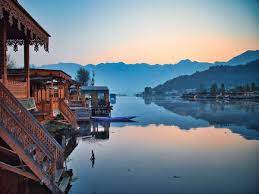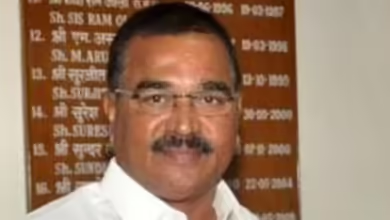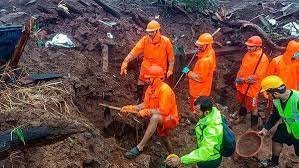4 Years Later: How Losing Special Status Put J&K Back on the Map for Tourism and Business
Jammu and Kashmir saw a new dawn of peace on August 5, 2019, when the special status under Article 370 was revoked, clearing the path for economic development and J&K’s return to the tourist map. Since then, the Union Territory has developed a thriving nightlife.
1.88 billion visitors visited Jammu and Kashmir in 2022, a significant figure for any area, but the government continues to anticipate that this year’s visits would surpass two billion. More than 1.27 crore tourists have visited J&K so far this year, including more than 16,000 international visitors to Kashmir, according to official statistics.
On August 5, the high-altitude resort town of Lal Draman in the Doda district will play home to a two-day event organized by the Jammu and Kashmir tourist department.
“We have seen a lot of change. Tourism and stability are related. When you are stable, the effect is immediate. The volume of tourists is unprecedented, according to renowned Kashmiri hotelier Saddam Zaroo, who spoke to News18.
Zaroo continued by saying that the stability portends a brighter future for the sector. “The business as a whole is consistent, and change is evident locally.”
The world was also made aware that J&K is open for tourism by the recent G20 summit that took place in Srinagar.
Local businesses have seen growth as a result of the increased tourist statistics. Additionally, the UT has not experienced the numerous bandh interruptions that were commonplace before to 2019.
The elimination of street violence and the ability of the ordinary people of Jammu and Kashmir to live their lives as they see fit have been the major changes, according to Lieutenant Governor Manoj Sinha, who was speaking on the fourth anniversary of the revocation of special status in J&K.
“Pakistan-sponsored shutdowns by terrorists and separatists, which caused businesses, educational institutions, and other places of public accommodation to be shuttered for around 150 days each year, have ceased… The largest shift that can be seen in real life is that the people of Jammu and Kashmir are living their lives as they like. Street violence is over, he said.
With the cycling and walking paths, the recently constructed Jhelum riverfront has also given the city a thriving nightlife that puts it on par with any other smart city in the nation.







